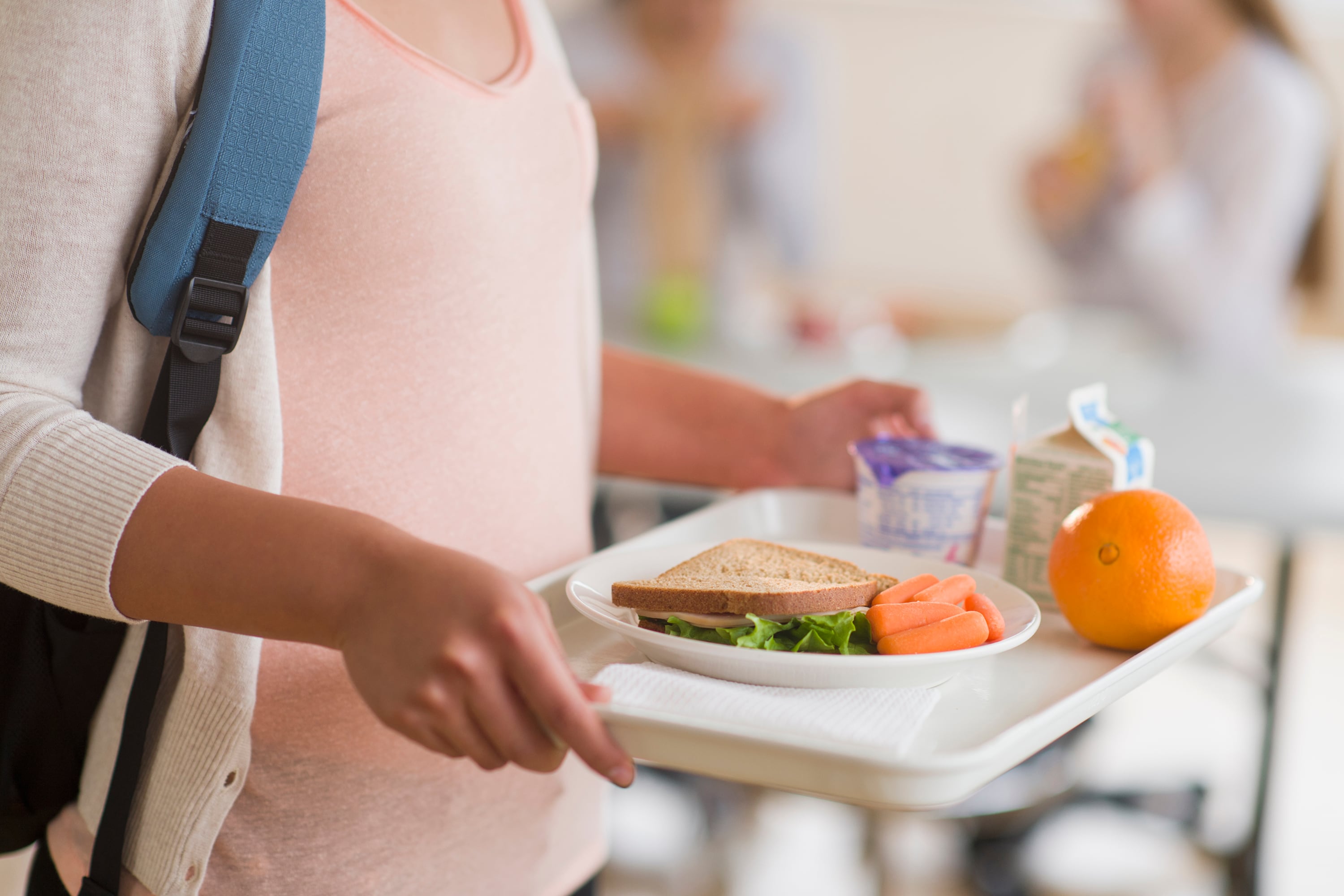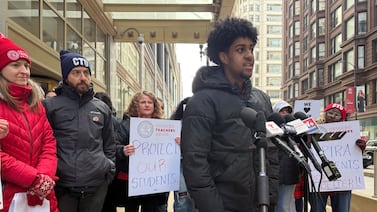Sign up for Chalkbeat Colorado’s free daily newsletter to get the latest reporting from us, plus curated news from other Colorado outlets, delivered to your inbox.
About 380 Colorado schools might lose their ability to serve all students free meals if two ballot measures fail in the Nov. 4 election, state education data shows.
State lawmakers put Propositions MM and LL on the ballot to shore up Colorado’s Healthy School Meals for All program, which offers free breakfast and lunch to every student whose district opts in. But the program, which was created by a 2022 ballot measure, has proven more popular — and thus, more expensive — than expected.
This past spring, lawmakers decided to fully fund the program through the end of 2025 but then scale it back if voters don’t approve Propositions MM and LL.
Meals would still be free at schools that participate in the federal Community Eligibility Provision program. To qualify for this provision, at least 25% of students must be “directly certified” to receive free meals because their families already receive public nutrition benefits, or because the students themselves are homeless or in foster care, among other criteria.
Of the 1,803 schools participating in Health School Meals for All, 1,421 are part of the Community Eligibility Provision program, according to Colorado Department of Education data. That means that if Propositions MM and LL fail, meals will still be free at almost 80% of participating Colorado schools, including traditional district-run schools, charter schools, and schools inside youth detention centers.
But families at the remaining 382 schools could end up having to pay for meals themselves, or fill out federal applications to determine if their children qualify for free or reduced-price meals based on family income.
Some of those 382 schools may still be able to get Healthy School Meals for All funding if they’re eligible for, but don’t currently participate in, the Community Eligibility Provision. Other schools might opt to foot the bill for free meals if the measures fail.
Since it started in the 2023-24 school year, the Healthy School Meals for All program’s popularity has meant higher costs than predicted.
The state needs about $150 million this year to fully fund the program, but the revenue from Proposition FF, which created the program, has fallen short.
Proposition MM asks voters for $95 million more a year for the school meals program by increasing taxes on households that make more than $300,000 a year. Money from this measure could also be used to help pay for costs related to the Supplemental Nutrition Assistance Program, or SNAP, which was cut by Congress.
And Proposition LL asks voters whether the state can keep millions in revenue raised for its popular free school meals program instead of providing taxpayer refunds.
Below is a list of schools that do and don’t participate in the Community Eligibility Provision. Only schools not participating in the provision may lose the ability to serve free meals funded by the state if Propositions MM and LL fail.
Jason Gonzales is a reporter covering higher education and the Colorado legislature. Chalkbeat Colorado partners with Open Campus on higher education coverage. Contact Jason at jgonzales@chalkbeat.org.






